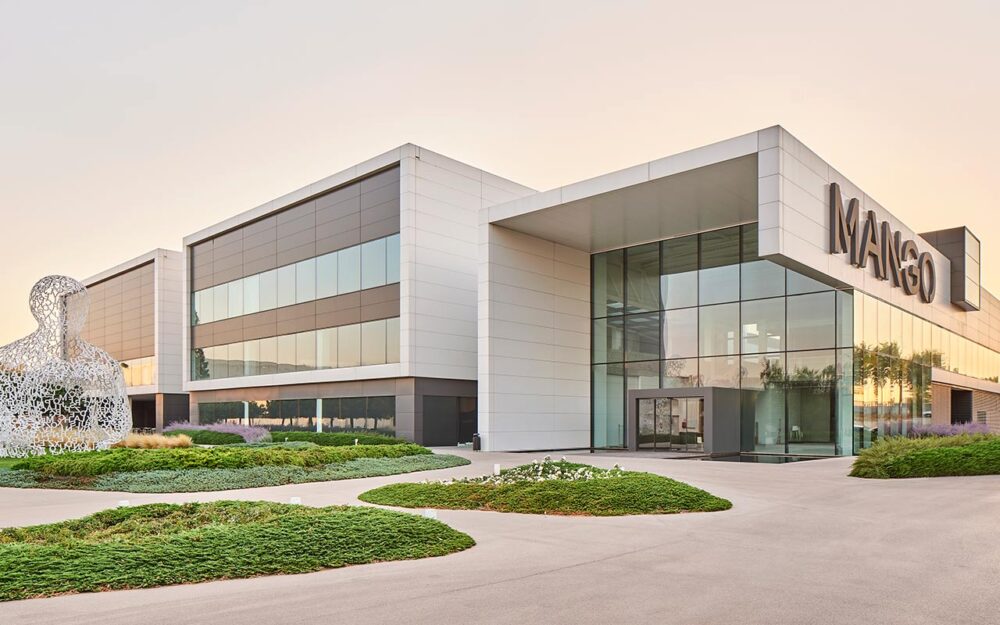Mango, a prominent European fashion conglomerate, is accelerating its digital metamorphosis with the introduction of Lisa, its proprietary conversational generative Artificial Intelligence (AI) platform.
Constructed in under nine months, Lisa employs a mix of proprietary and open-source models, specifically trained for Mango’s needs. The platform features a user interface akin to ChatGPT, tailored for the company’s workforce and collaborators.
This move towards generative and conversational AI is a component of Mango’s broader technological overhaul. The focus is on digitising key elements of the industry’s life cycle, including customer interactions, store operations, inventory management, and product development.
Jordi Álex, Mango’s Director of Technology, Data, Privacy and Security, stated, “Generative artificial intelligence is an extended intelligence, in other words, a technology that will act as a co-pilot for our employees and stakeholders and that will help us extend our capacities, because technology will either make us more human or will be of no use.”
Co-Designing with Generative AI
Beyond Lisa, Mango had previously launched Inspire, an image-generating AI platform, a year ago. Inspire aids the design and product teams in sourcing inspiration through various visual concepts, thereby facilitating the co-creation of prints, fabrics, and garments. The company has trained over a hundred designers and graphic artists, resulting in more than twenty AI-co-created garments currently in the market.
Generative AI is also employed in crafting spaces, scenarios, and images with diverse styles, assisting teams in photography, window dressing, architecture, and interior design.
A Portfolio of AI Platforms
Since 2018, Mango has been developing machine-learning-enabled (MLE) platforms and currently boasts over fifteen such platforms. These platforms serve various functions, including pricing (Midas), product recommendations (Gaudí), and customer service (Iris), which is available in over sixty countries and more than twenty languages.
Last year, in line with its participation in Metaverse Fashion Week, Mango established a Virtual Assets team. Comprising around ten experts in 3D, software, AI, and blockchain, as well as 3D artists, the team aims to create digital content that bridges the gap between the company’s virtual and physical channels.














